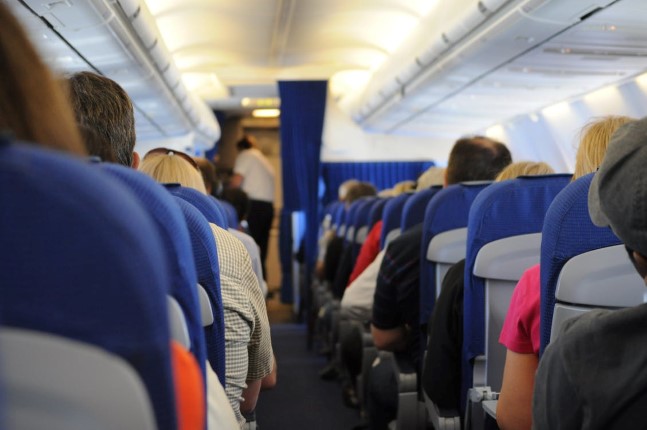Why do your ears pop in planes?

PHYSICAL WORLD: Students from South Wellington Intermediate asked this question
Air pressure changes with altitude so air pressure in the plane will drop as the plane climbs and it rises as it comes into land.
Air is pumped into the air cabin under pressure so that when cruising at 10,000m the air pressure is equal to being at the top of a 2,000m mountain, enabling passengers to get enough oxygen when they breath!
The ear has separate sections which are connected by a flap. If this flap is closed, the pressure in the outside channel (which is that in the plane) can drop and differ from that in the inner channel. This pressure can be equalised if the flap opens creating a popping sound in the ear. It is easier for the flap to open when the pressure is dropping than when it is rising, and if the pressure doesn’t equalise (ie if your ears don’t pop) then this can cause discomfort. Generally babies have more trouble equalising the pressure, so they are more likely to be in pain as an aircraft lands than when it is taking off.
Our expert
Professor John Harvey anwered this question. He is a Fellow of Royal Society Te Apārangi, which means he’s one of the top experts in his field of photonics and optics. John started the University of Auckland Laser Lab in the early 80′s and has been CEO of Southern Photonics since its inception in 2001.
For more information visit: http://www.southernphotonics.com/about-us/prof-john-harvey/
